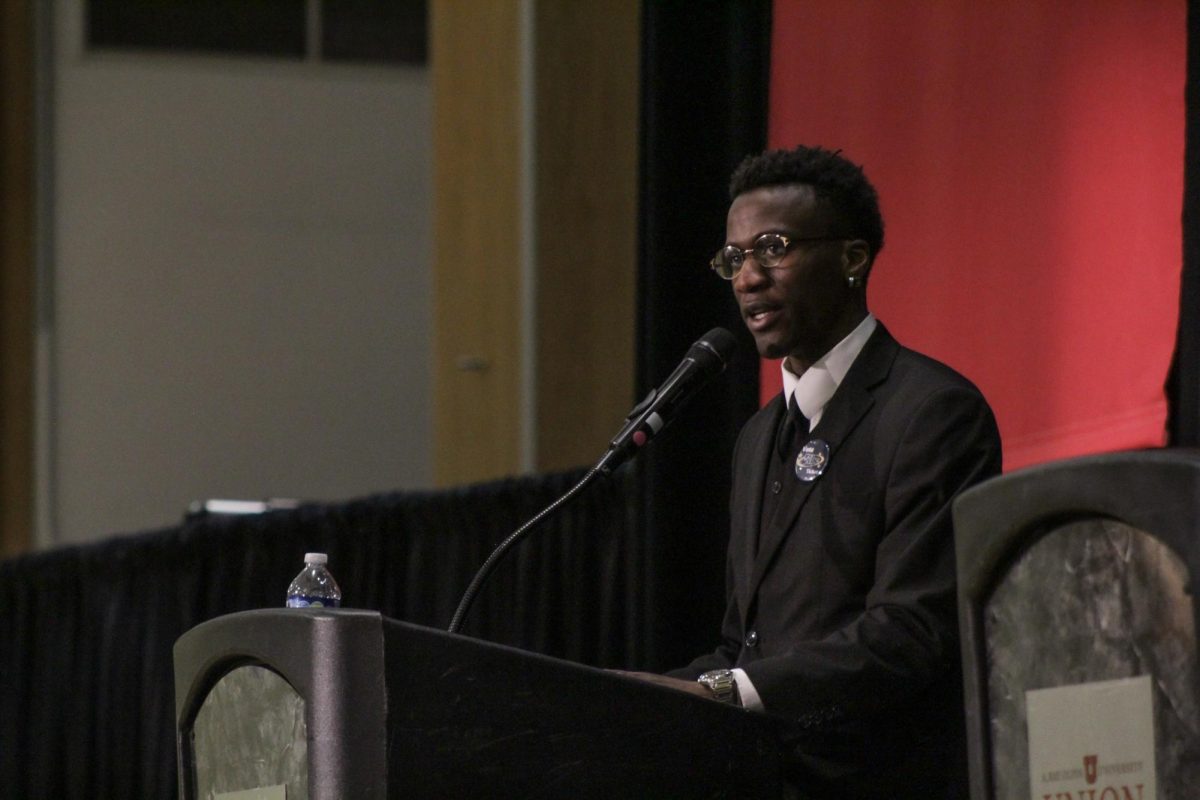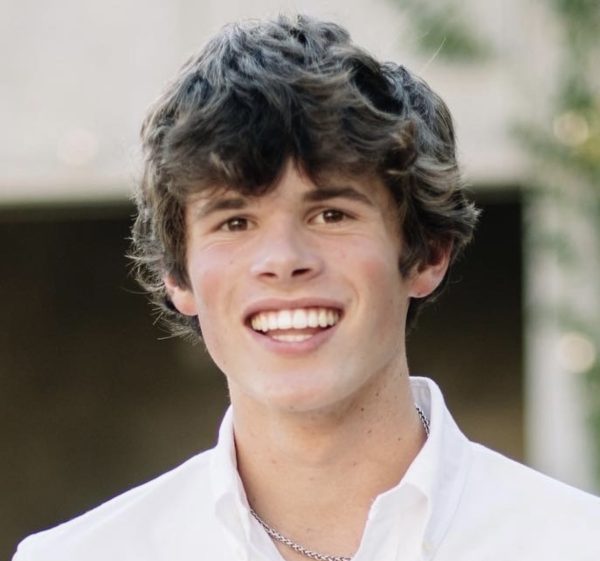Following the recent ASUU primary election results, three tickets remain in the race for the 2025-26 student body presidency. The ABC ticket fell just 100 votes short of the frontrunners.
The candidates on the ABC Ticket are Kefa Abakuki as the presidential candidate, Campbell Brown as the vice president of university relations and Cameryn Coffey as the vice president of student relations.
Abakuki is a third-year student at the University of Utah pursuing a degree in political science. He works as the student government assistant for ASUU, which advises the legislative branch. This position is often reserved for graduate students and is a rare instance of an advisor running for office.
Brown is a third-year student majoring in both information systems and finance and manages the business tutoring center. Coffey is also a third-year student double majoring in criminology and sociology and serves as an advisor for the LEAP Undergraduate Program.
“I realized early on that ASUU often feels more like an event-planning organization than a governing body,” Abakuki said. “We have the potential to do so much more for students, but it requires action, not just talk.”
Funding, Engagement and E-bikes
The ABC ticket’s platform revolves around three pillars: collaboration, innovation and communication. Their primary focus is increasing funding for Recognized Student Organizations (RSOs) and improving student engagement.
“We’ve seen the impact of recent budget cuts on RSOs,” Brown said. “Many clubs were unable to host events this semester due to delayed or insufficient funding. We want to prioritize student-led initiatives and ensure that every student feels like they have a community on campus.”
Currently, ASUU’s assembly budget is $250,000 split between fall and spring semesters. However, with over 600 RSOs on campus, demand for funding far exceeds available resources. Last spring, 226 clubs requested funding, overwhelming the budget and forcing cuts.
To address shortfalls in RSO funding, the ticket proposes raising the semesterly $23.12 ASUU fee that students pay by an additional $10.
“Students are already paying thousands and thousands of dollars for tuition,” Abakuki said. “An extra $10 is a small price to pay for more events, resources and opportunities that directly benefit them.”
Another initiative is their plan to introduce an e-bike program, offering students an affordable alternative to parking permits.
“For the price of a parking pass, students could own an e-bike,” Brown said. “This not only reduces traffic congestion but also supports the university’s sustainability goals.”
The ticket is exploring partnerships with local bike shops and manufacturers to make the program feasible. They also plan to work with the university’s sustainability fund and external organizations to secure additional funding.
“By reducing the number of cars on campus, we’re not just addressing transportation issues. We’re helping create a greener campus,” Brown said.
Transparency and Student Voices
A cornerstone of the ABC campaign is increasing transparency and accountability within ASUU. The ticket plans to release monthly public reports detailing budget allocations, policy proposals and ongoing initiatives. They also aim to host regular town halls to hear directly from students.
“We want students to know that ASUU is working for them,” Abakuki said. “Whether it’s through suggestion boxes, town halls or club feedback, we’re committed to listening and taking action.”
The ticket also plans to leverage ASUU’s newly installed suggestion boxes, which are located across campus.
“Students can write down their concerns or ideas and drop them in the box,” Abakuki said. “We’ll make sure those suggestions are addressed and acted upon.”
The ABC ticket believes their initiatives align with the university’s long-term vision, too, including President Taylor Randall’s goal for “college town magic.”
“Our policies are designed to build a campus culture that supports student growth academically, professionally and personally.” Abakuki said.



